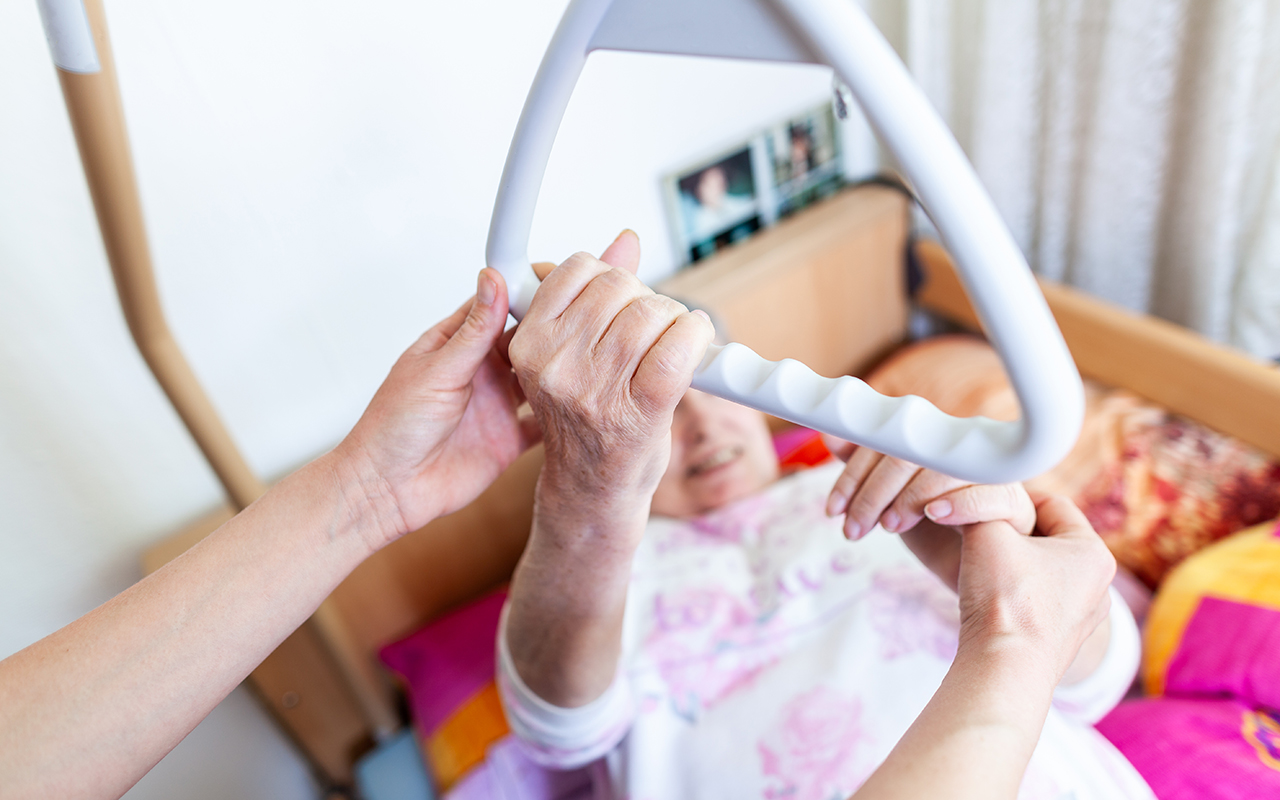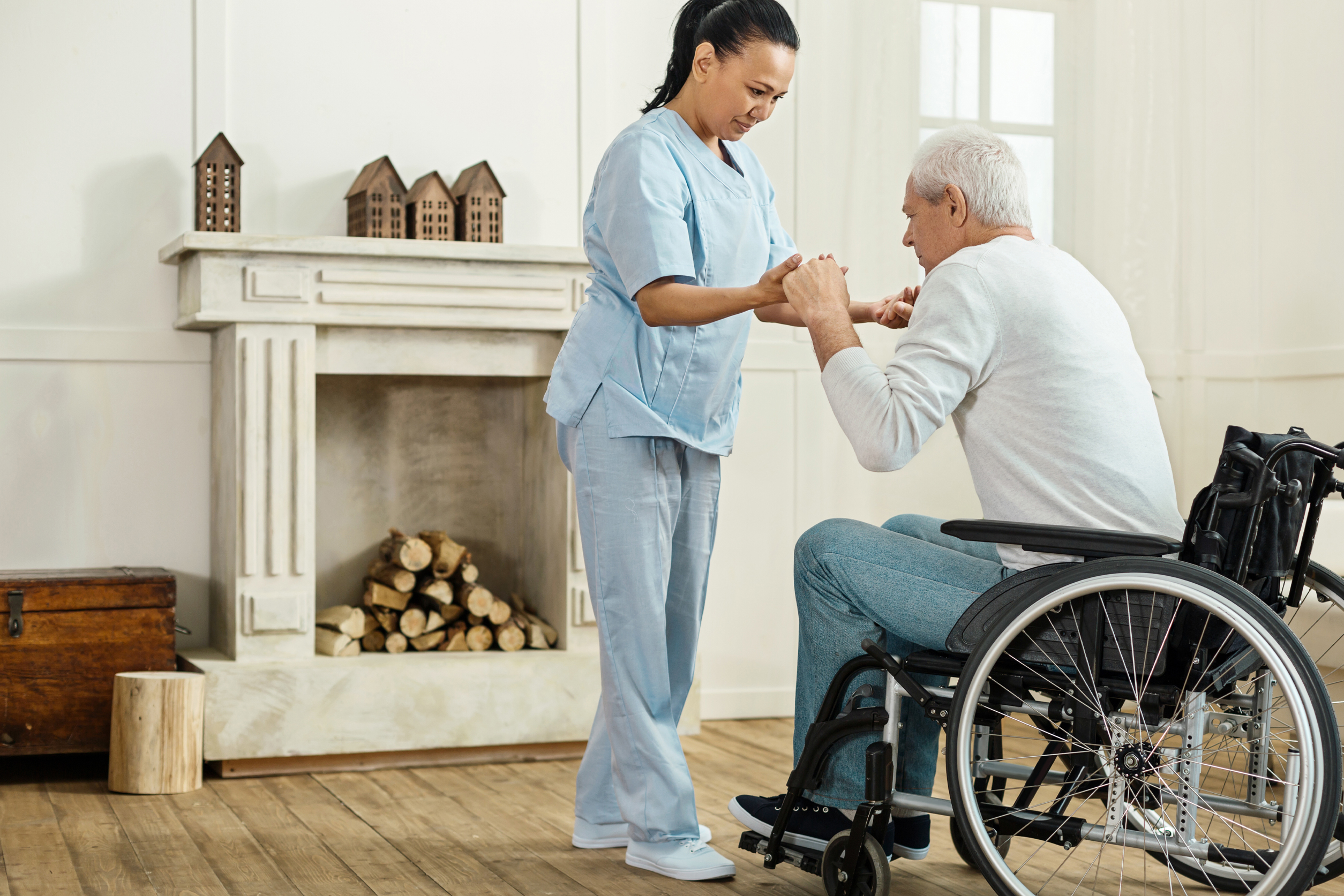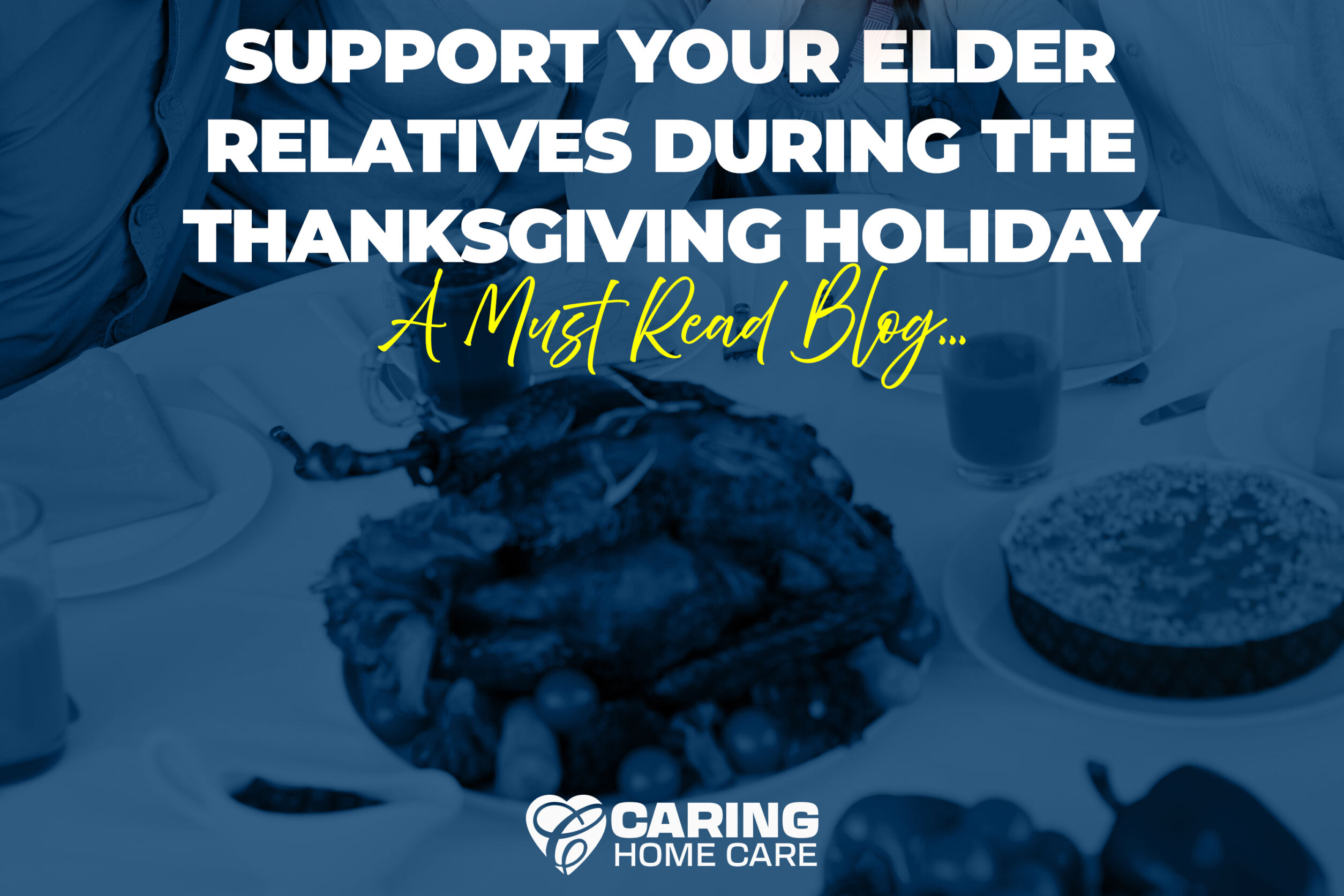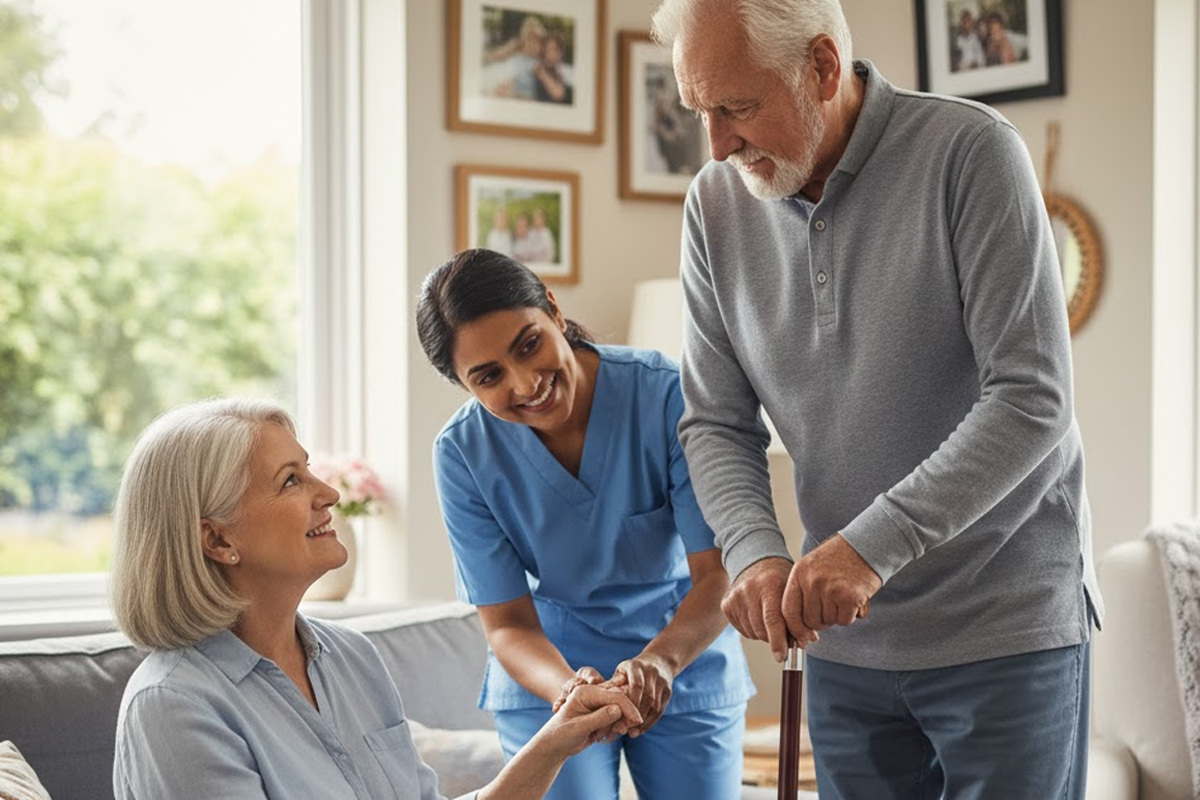Share

Falls among the elderly can lead to significant health issues, including injuries and reduced mobility. Home care aides and Certified Nursing Assistants (CNAs) play a critical role in preventing falls and ensuring the safety of elder patients. Here are five key ways they can help:
- Assessment and Personalized Care Planning: Home care professionals are trained to assess the risk factors for falls within the home environment and the patient’s personal health condition. They create personalized care plans that address these risks, incorporating exercises to improve balance and strength, and ensuring the home environment is free of hazards that could lead to falls.
- Regular Health and Mobility Monitoring: Monitoring the patient’s health status regularly helps in identifying potential risks like medication side effects, vision impairments, or mobility issues that increase the likelihood of falls. Aides and CNAs can adjust the care plan as the patient’s health status changes, ensuring ongoing prevention and safety.
- Home Safety Evaluations and Modifications: Home care aides can conduct thorough evaluations of the living space to identify and mitigate fall hazards such as loose rugs, poor lighting, and cluttered walkways. They can also recommend and implement modifications like installing grab bars, non-slip mats, and proper lighting to enhance safety.
- Education and Mobility Assistance: Educating patients and their families on safe practices and techniques to prevent falls is crucial. Home care aides can provide mobility assistance, teaching patients how to safely navigate their living space, use assistive devices, and perform daily activities in a way that minimizes the risk of falling.
- Quick Response and Emergency Preparedness: In case of a fall, having a trained professional on-site ensures that the patient receives immediate assistance. Home care aides and CNAs are trained in emergency response, enabling them to assess the situation, provide first aid if necessary, and seek medical attention promptly.
The role of home care aides and CNAs in preventing falls among elderly patients is invaluable. Through personalized care planning, regular monitoring, safety evaluations, patient education, and emergency preparedness, these professionals provide the support and intervention needed to reduce fall risks and enhance the quality of life for the elderly.
How Caregivers Can Reduce Injury While Assisting Seniors Providing daily care for seniors is meaningful work. It can also be physically demanding. Many caregiver injuries happen during lifting, transferring, or repositioning seniors. These injuries are often preventable when proper techniques are used. Learning caregiver injury prevention strategies protects both the caregiver and the senior. It
Why Professional Home Care Is Safer Than Family Only Care Caring for an aging loved one is deeply personal. Many families step in with the best intentions. However, as care needs increase, family only caregiving can become overwhelming and risky. This is where professional home care plays a critical role. Professional caregivers are trained, experienced,
Connecting During the Thanksgiving Holiday: How to Support Your Elder Relatives The Thanksgiving holiday is a time filled with warmth, gratitude, and meaningful family traditions. However, for many older adults, it can also be a period of loneliness or emotional distance. This is especially true for seniors who live alone, have limited mobility, or are
Transition to In-Home Care: Helping Seniors Adjust Comfortably to Elderly Care Services Understanding the In-Home Care Transition The decision to begin in-home care is a big step for both seniors and their families. It often marks the start of a new chapter—one focused on safety, comfort, and support. However, the in-home care transition can bring
Need A Caregiver? Fill Out Form Below
With our competitive rates, we make receiving in-home care affordable regardless of whether you’re using your insurance or paying out of pocket.






